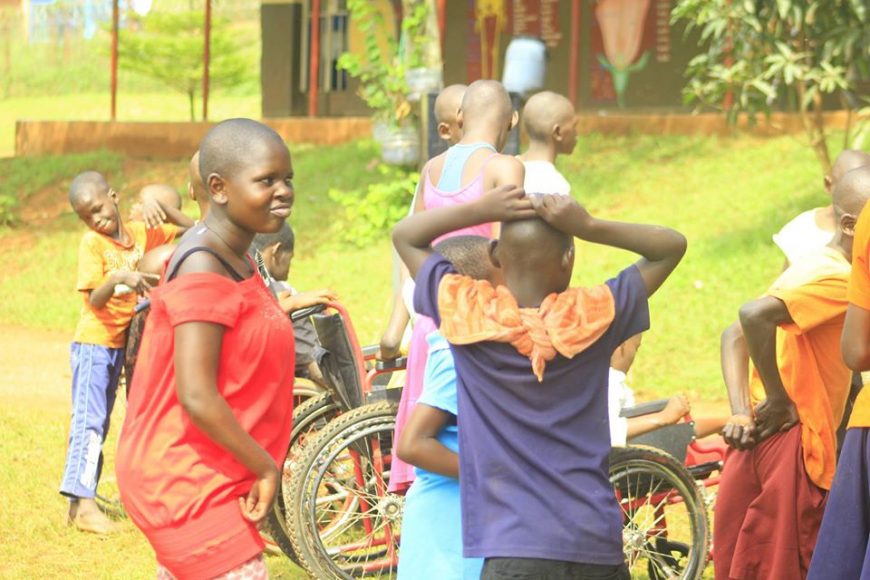According to the national survey, appropriately 20 percent of the total number of people in Uganda have disabilities with 64 disabled women and girls, some caused by diseases such as polio and others landmines, wars in the Northern part of Uganda plus road accidents.
We can define disability as permanent and substantial functional limitation of daily life activities caused by physical, mental or sensory impairment and environment barriers resulting in limited participation.
Disability can be categorized into difficulty in hearing, in speaking and conveying messages, difficulty in moving around and using other body parts, difficulty in seeing and lastly though not the least, difficulty in learning.
The disabled women in Uganda face significantly more difficulties in both the public and private spheres. They face isolation in attaining access to adequate housing, health, education, vocational training and employment and are more likely to be institutionalized.
They also experience isolation in hiring, promotion rates and for equal work, access to training and retraining, credit and other productive resources, and rarely participate in economic decision-making which places them at a higher risk of gender-based violence, sexual abuse, neglect, maltreatment and exploitation.
The exclusion and violence against women and girls with disabilities in Uganda carries heavy financial and social consequences. Community isolation against persons with disabilities hinders economic development, limits democracy and erodes societies.
Perhaps because of the challenges they face, women and girls with disabilities are poised to be leaders within their communities and can greatly contribute to the economic development of their country.
We should work together to ensure that national and local government plans for return, settlement, or relocation and rebuilding northern Uganda adequately address the needs of persons with disabilities, in particular women with disabilities, including access to health care and support for their education and livelihoods.
Additionally we should undertake targeted efforts to inform women with disabilities about mainstream government programs and services and encourage their participation. This may include arranging appropriate transportation and providing sign language interpretation.
We should as well work together to promote access for women with disabilities to mainstream initiatives addressing sexual and gender-based violence, access to justice, reproductive health, and HIV/AIDS.
The Ugandan government should endeavor to collect data on the number of women with disabilities benefitting from government programs and services and use this data to develop more inclusive programs for women with disabilities.
There’s need to allocate sufficient funds to gender and disability programs, including for services for women with disabilities who experience sexual and gender-based violence.
Strengthen the role of government officials at all levels representing persons with disabilities and district disabled persons’ unions or other disabled persons’ organizations in planning meetings, thematic working groups and decision-making processes to ensure that the perspectives of persons with disabilities, particularly women with disabilities, are included in all aspects of programs.
We should jointly take measures to fight stigma and discrimination, for example through media and public education programs about the rights of persons with disabilities, particularly women with disabilities.
Make public institutions such as police stations and hospitals more accessible for persons with disabilities, particularly women and girls with disabilities. Ensure that police stations and hospitals have ramps, accessible facilities and toilets, Braille signage, and sign language interpreters.
Monitor programs more closely to ensure that women with disabilities are actually benefitting from livelihood support initiatives and other government programs and services. This should include developing indicators to track outreach to women with disabilities.

